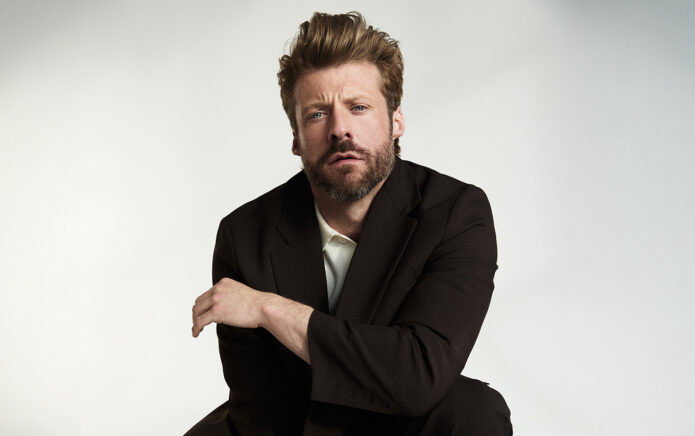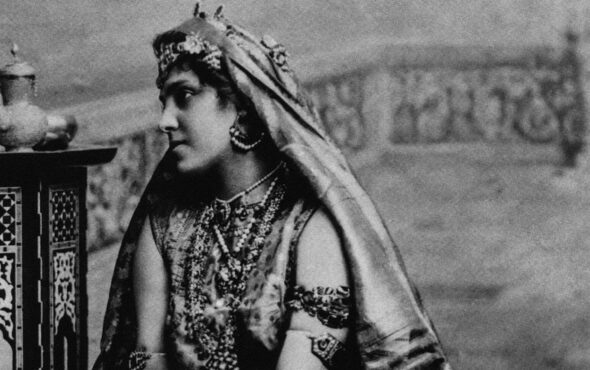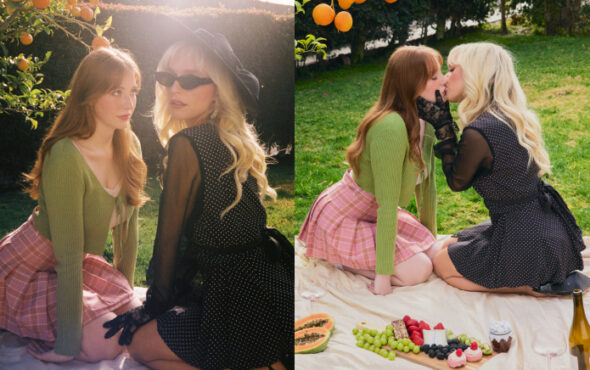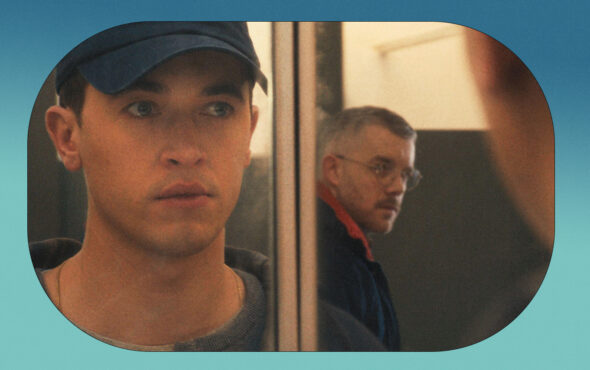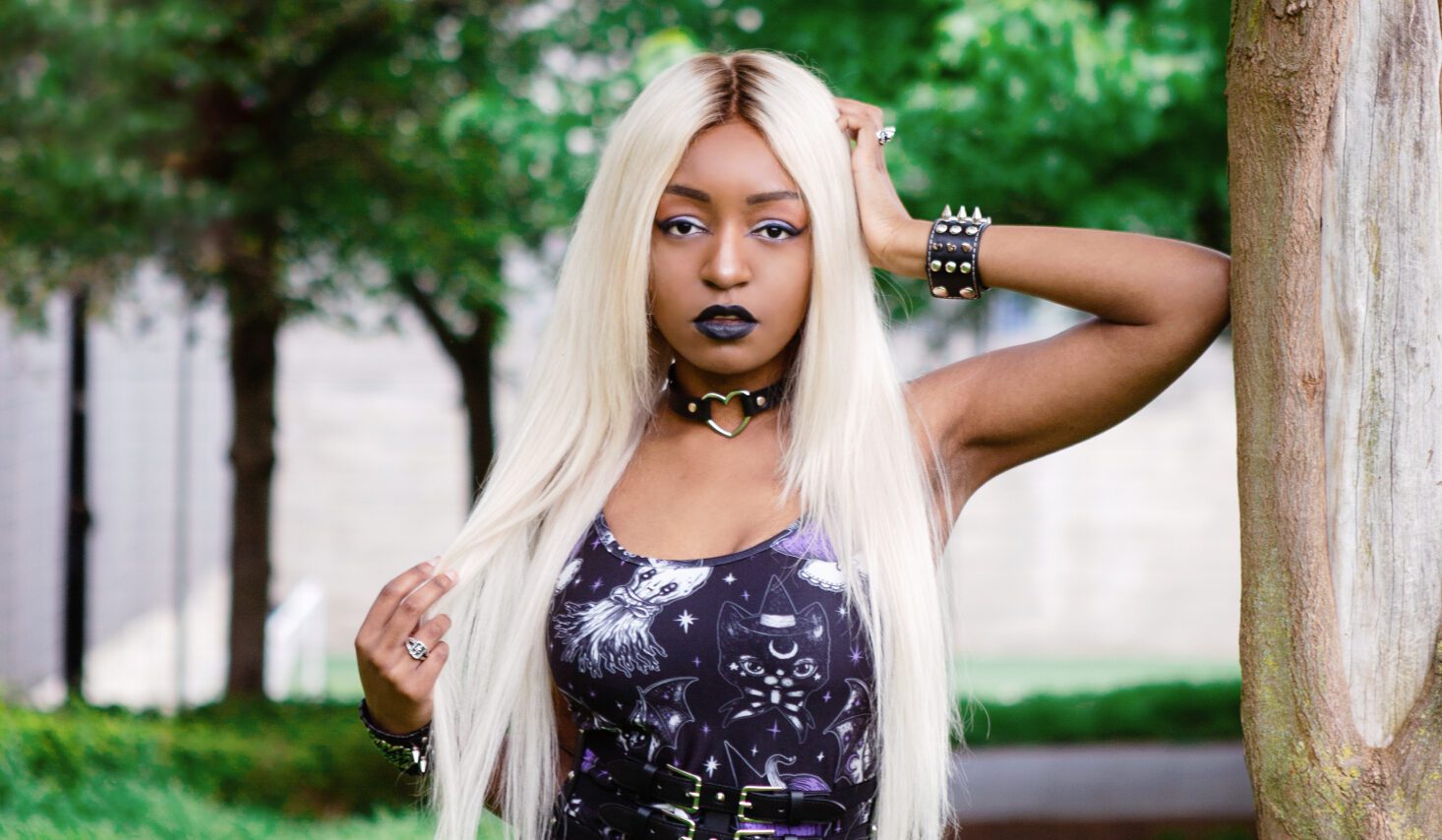
Yasmin Benoit is blazing a trail through her work highlighting asexuality. Yasmin and Stonewall launched a ground-breaking project last year.
It’s not unfair to say that, going back half a decade, some of us might have been unable to tell you what the “A” in LGBTQIA represented. It was fascinating chatting to Yasmin for International Day Against Homophobia, Biphobia and Transphobia, which is marked on 17 May.
I began by asking Yasmin what IDAHOBIT means to her?
IDAHOBIT is a yearly reminder of how asexuality and acephobia and other forms of aphobia aren’t recognised by other people, which is a shame because that’s not what the occasion is about. As someone who is asexual and aromantic, we’re not really included in the way “IDAHOBIT” is phrased. Asexuality often isn’t recognised as a sexual orientation. Many people don’t even realise acephobia exists or how it manifests. Unfortunately, every year we look to expand the conversation, if we’re going to be tackling discrimination, but then it happens again the following year.
Are attitudes towards ACE people changing?
I think that the awareness around asexuality is getting better. I like to think that people are becoming more accepting of it as existing. In comparison with the attention other orientations and identities get and the emphasis placed on support and recognition, progress is slow. While I can say things are getting better, there is still a remarkable lack of interest which has left asexual people 100 steps behind everyone else and in a much more vulnerable position.
What piece of advice would you give to your younger self?
I would tell my younger self to stay true to who I am. There were a lot of people who would have preferred that I changed or at least pretended to change. I’m really glad that I did stick it out and stayed true to myself, not compromising who I am at any aspect of my life. After a decade or so, people started to get it and it started to work out for me. That wouldn’t have happened if I’d morphed into someone more palatable and acceptable.
What would you like to say to our readers?
Because this is going out to an LGBTQ+ audience and there is a big lack of understanding from the wider queer community when it comes to asexuality, I always say that if you’re discussing sexuality and you’re not including asexuality then you’re only getting half the story and really limiting your perspective.
Can you expand on this?
I would encourage everyone to be more aware and understand that asexuality is not incredibly niche. We’re around 1-2% of the population, at least. It’s not a community of people who are anti-sex or are going to stop others from expressing their sexuality. We are just part of the community who need the same amount of attention and care as everyone else, because we’re a really unprotected demographic. I think the queer community needs to do more and it would be good to have your support.
Find Yasmin on Instagram.
